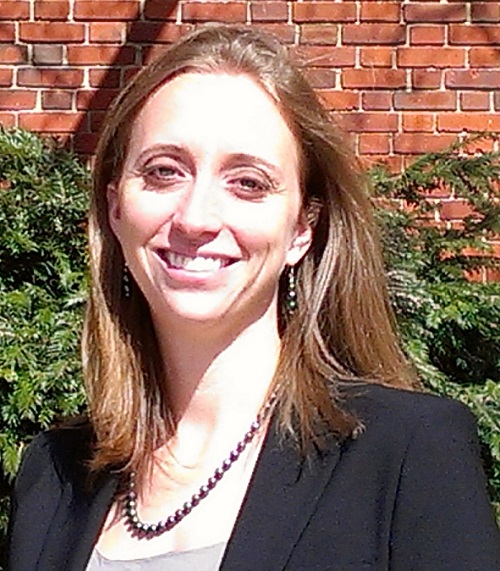My favourite data story starts on a small chalkboard. Every week day, numbers were painstakingly entered into rows of boxes on its dusty black surface.
This chalkboard was at a school, but it wasn't intended for students -- it was on the outside wall of the building, proclaiming to the entire village the number of girls, boys and teachers in attendance each day. This modest board was intended as an accountability tool -- regularly signalling to the community how well the school was doing on one important metric.
As powerful as that accountability function was, the board was also a sign of untapped potential. That chalkboard contained valuable data -- timely, actionable information about one of the country's top priorities. If those data had found their way into the right hands at the right time, they could have had much greater impact. In the hands of the district superintendent, they could have led to calls for a principal's promotion or sanction. At the ministry of education, they may have changed funding or oversight decisions for the district's schools. On the desk of the prime minister, they might have influenced policy for children across the country.
Whether in a community health clinic, a police station or on the side of school, there is a wealth of data available about how services are delivered and who they are reaching. Those data have the potential to be translated into action. They could help redirect lifesaving supplies, hold public officials to account or monitor progress toward goals.
Too often however, data meet the same fate as the underutilised chalkboard. They languish in filing cabinets, remain unread in reports or are copied over with the following week's totals. This is no way to treat a valuable resource. The boys, girls, men and women whose lives are represented in those data deserve better.
That basic idea -- that we can and must do better with the data resources already at our disposal -- is why I'm hopeful about the potential of the upcoming UN World Data Forum in South Africa. The Forum, which will bring together more than 1,000 global leaders in data, is a chance to focus the world's attention on the ways that data can shape global humanitarian and development work.
While the Data Forum will no doubt feature shiny new technologies and the latest innovations, I have a somewhat old-fashioned wish list for the event. I hope that the leaders gathered in Cape Town for the World Data Forum will:
- Stand up for the potential of data to directly drive results. Data are crucial to assessing how close or far we are from targets in the Sustainable Development Goals. It is important to focus considerable energy getting the indicators, methods and reporting for those measurements right. Many forms of data, however, can do so much more than measure; they can actually be used to drive results. Whether through real time monitoring of supply chains or up disaggregated snapshots of who benefits or misses out on vital services, data can directly contribute to better, more equitable results for children, families, and communities.
- Give at least as much attention to the use of data as to the collection of it. Again, getting data collection right is incredibly important -- bad data or bad uses of good data can set back progress. Ignoring the use of data, however, can be just as damaging. The Forum offers a great opportunity for more directly connecting the collection of data with its users and best uses. Greater attention to the proper use of data should be at the core of any outcome from the Forum.
- Tell the stories of real lives that have been impacted by good work with data. In every corner of the world, data are already being put to use to measure and drive results. The lives impacted by these results, however, are not easy to see in the midst of technical reports or in presentations about new data technologies. To make the case for greater investments in the collection, analysis, and use of data, it's crucial that we document and tell the stories of real people whose lives have been impacted by good work with data.
We already know that data have tremendous untapped potential. As global leaders gather in South Africa, we will make commitments and draw up a plan to help unleash the power of data. Ultimately, whether the world benefits from the potential of data will depend on whether each of us follows through on our promises. Here's hoping that 2017 is the year we all make good on our New Year's resolutions.
